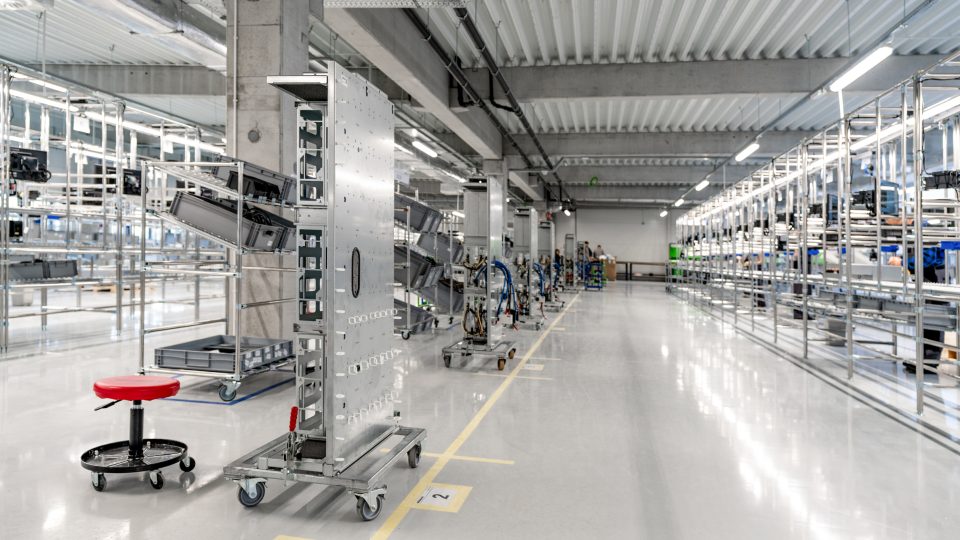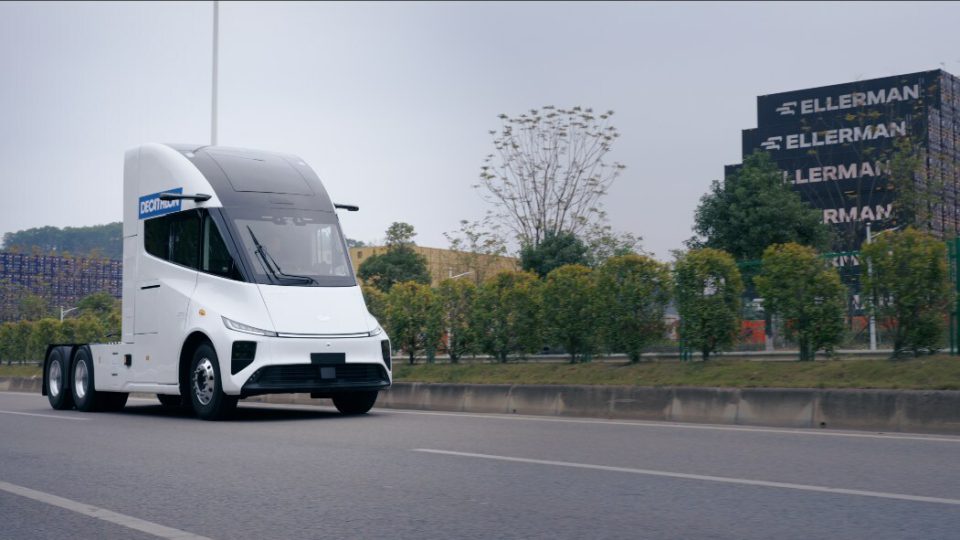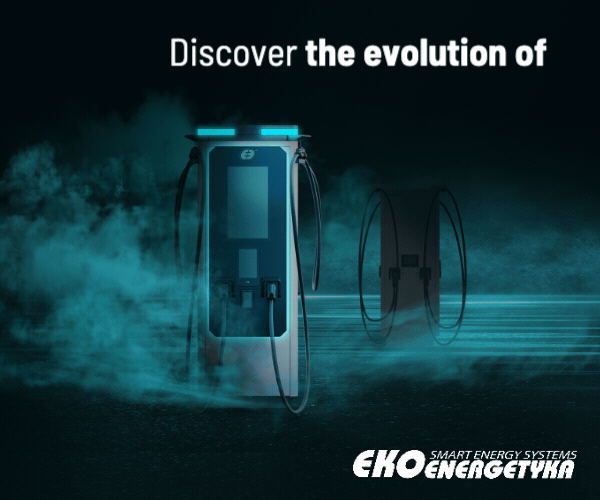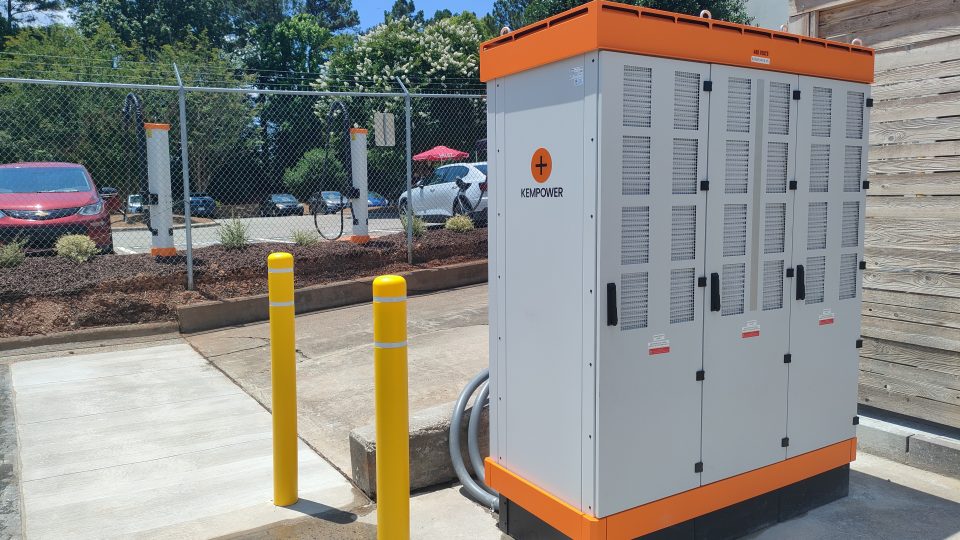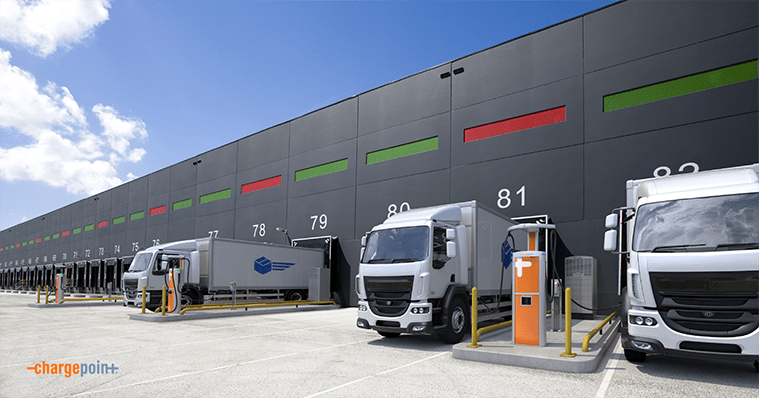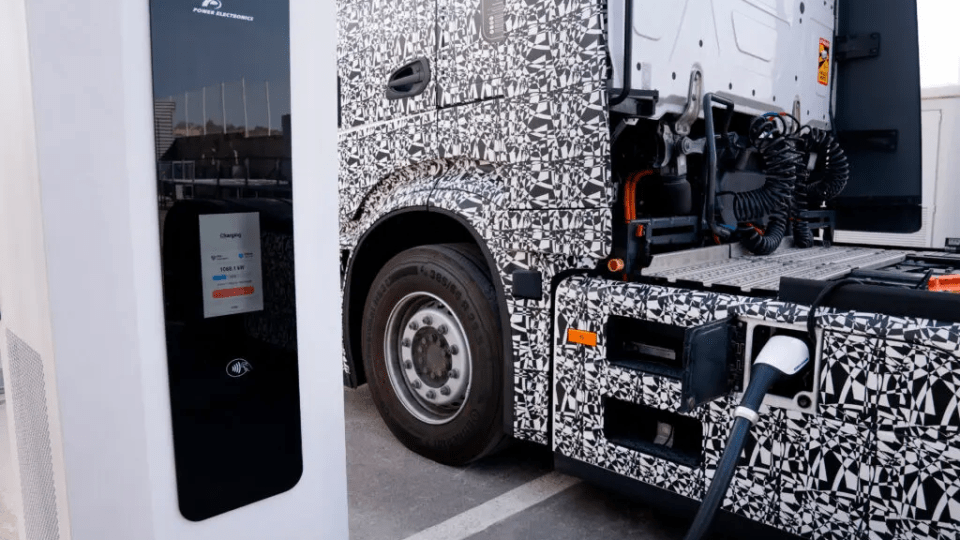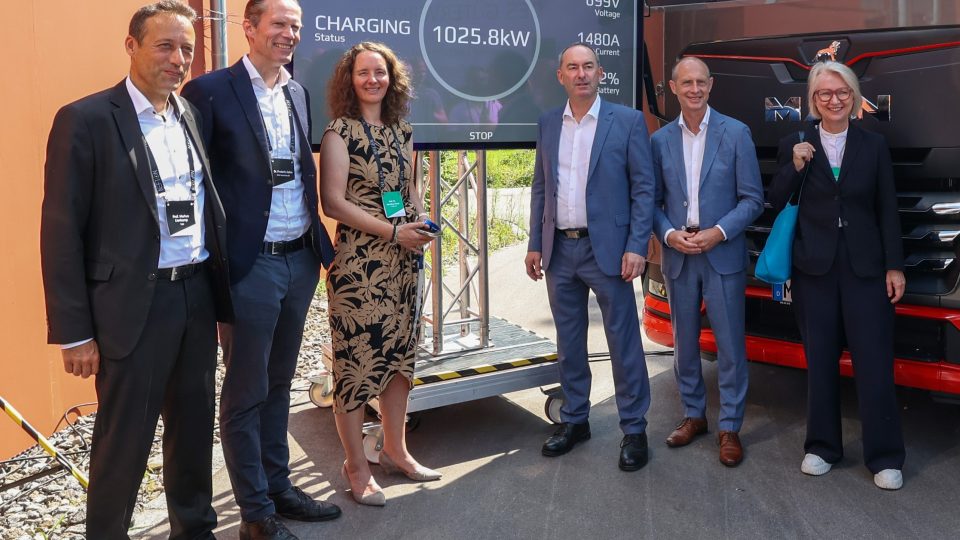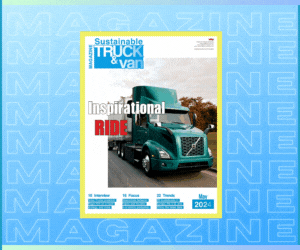Scania and ABB E-Mobility start testing megawatt charging systems
The technology is expected to enable half the charging time for heavy-duty vehicles. Both companies are committed to enabling a zero-emission transport future and taking the lead in developing tomorrow’s technology today.
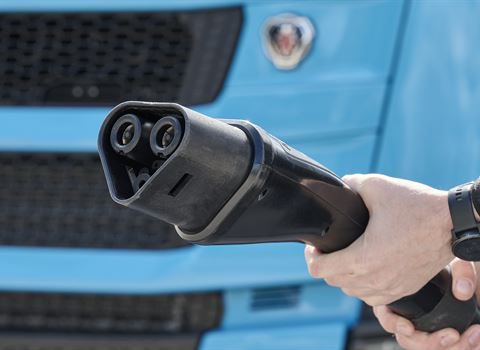
Scania has successfully installed and tested a pilot megawatt charging system (MCS) from global specialist ABB E-mobility. The technology is expected to enable half the charging time for heavy-duty vehicles. Both companies are committed to enabling a zero-emission transport future and taking the lead in developing tomorrow’s technology today.
The initial testing, to prove the technical viability of high current charging, is a first important step towards the future MCS system from ABB E-mobility. This will result in the progressive deployment of high-power chargers, starting from 1,500 Ampere and eventually extending to the full MCS scope of up to 3,000 Ampere. This is a charging standard that Scania and ABB E-mobility have both invested in and have been instrumental in developing in collaboration with CharIN (the MCS standard is expected in 2024).
Megawatt charging systems
MCS technology is critical for Scania’s long-haul electric trucks, where both driving time and resting time are regulated by law. The vehicle can be driven for a maximum of 4.5 hours before the driver needs to take a 45-minute break and during this time the truck needs to charge enough power to operate another 4.5 hours. Due to the size of the batteries, both fast and high-power charging is essential.
“We see momentum for electric transport and our goal is that 50 percent of all vehicles we sell annually by 2030 are electric. To achieve this goal will require infrastructure and MCS is a crucial piece of the puzzle for the infrastructure going forward,” said Fredrik Allard, Head of E-mobility, Scania.
Chris Nordh, Global Head of the Fleet & Transit business at ABB E-mobility, added: “We are delighted to be collaborating with Scania on this milestone pilot, which will set a precedent for the sector and identifies one of the ways we collaboratively approach OEM charging partnerships, effectively verticalizing the technology stack to create great end-user experiences. Today is an exciting day and we look forward to many more milestones to come as we further develop a quality, reliable, and seamless charging experience for fleets.”




